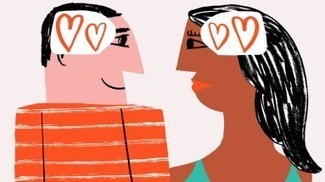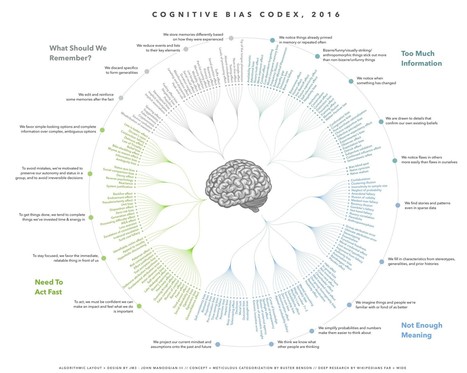Companies need to approach gender inequality as they would any business problem: with hard data. Most programs created to combat gender inequality are based on anecdotal evidence or cursory surveys. But to tailor a solution to a company’s specific problems, you need to seek data to answer fundamental questions such as “When are women dropping out?” and “Are women acting differently than men in the office?” and “What about our company culture has limited women’s growth?” When organizations implement a solution, they need to measure the outcomes of both behavior and advancement in the office. Only then can they transition from the debate about the causes of gender inequality (bias versus behavior) and advance to the needed stage of a solution.
Via David Hain



 Your new post is loading...
Your new post is loading...












